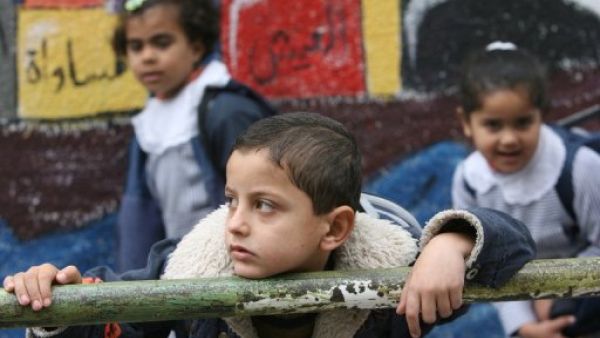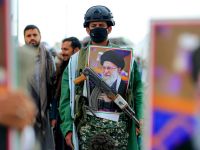Thousands of expatriate children were not able to enroll in schools this year for numerous reasons, according to a member of the Jeddah Chamber of Commerce and Industry’s (JCCI) committee on private and international schools.
The member, who did not want to be identified, said more than 30,000 expatriate children have been deprived of education either because there were no places for them in government schools or because their parents were not able to pay the high fees of private and international schools.
He said the majority of these children were Egyptians, Syrians, Burmese and from the African continent.
“The status-correction campaign, deteriorating financial circumstances of the parents and the transfers of fathers from one city to another were the main causes behind the lack of education for a number of expatriate children,” he said.
The member said education authorities needed to find a solution to the problem because “education is a basic human right for everyone, whether they are a citizen or foreigner living in the Kingdom.”
Abdul Rahman and Hassan, two expatriate children aged 9 and 13 respectively, were not able to join any government or private school this year because their father was not able to pay their school fees for the previous academic year.
The father, who spoke on condition of anonymity, said he is deeply pained to see them sitting at home without any education.
“My two sons were not able to wear their school uniforms, take their sandwiches and water flasks like other children do at this time of the year,” he said.
The father said he was sacked from his job at a private company two years ago after working for it for more than 20 years.
He said: “The family’s financial circumstances got worse. I was not able to pay the tuition fees to the international school. So my two sons had to remain at home waiting for my problems with the school to end.”
He said the principal of the international elementary school in Jeddah’s Al-Rawdah district told him openly that his two sons will not be allowed to enter the school if he did not pay all the arrears.
The father said the school refused to show him the examination results, give him the success certificates or inform him about the performance of his two children.
“Whenever I call the school asking to know the results, the operator will ask me to hold on until he transfers me to the official in charge. Seconds later the line will go dead.”
The father did not reveal how much he owes the school but said the administration refused to give him his sons’ files so that he could transfer them to a government school.
Abdul Rahman and Hassan are not the only expatriate children who are not enrolled in schools this year.
Mohammed Abu Omar, an Egyptian who has been living in the Kingdom for many years, said he registered his three sons with a private group of teachers teaching the Egyptian syllabus.
He said he could not find places for them in the government schools and he was unable to pay the high fees of the private and international schools that were being increased every year.
He said at the end of the year his sons would take the final exam at the Egyptian consulate so they could join universities in Egypt.
Rasheed Khattabi, a Moroccan, said he wanted to teach his children French but there are very few schools in Jeddah teaching the language and their fees are very high.
“I kept my children at home and brought a Tunisian woman to teach them French until I am able to send them back to Morocco,” he said. Bassam Al-Khory, a Syrian, has a problem of a different kind.
Because of the war in Syria, he could not obtain the educational certificates of his children that are back home to enroll them in schools in the Kingdom.
“I was able to enroll my daughter in a Qur’an memorization ring but my 9-year-old son has to remain at home without any education for the second year in a row,” he said.

The majority of these children were Egyptians, Syrians, Burmese and from the African continent.







